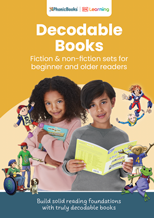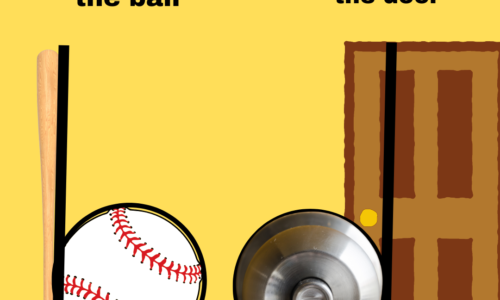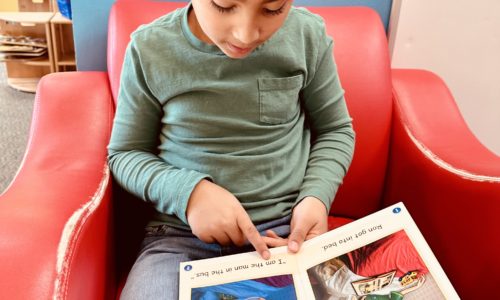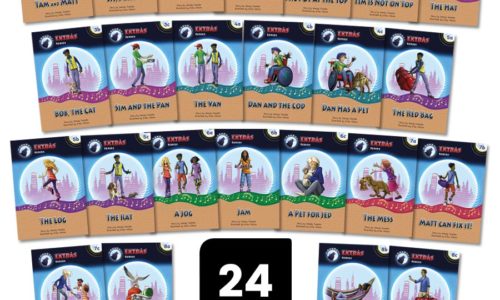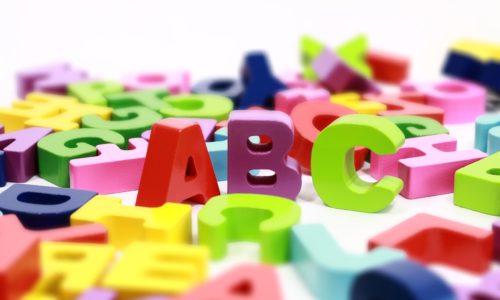
The founders of Phonic Books are dyslexia trained reading specialists who taught in a dyslexia centre in London. When they began to publish decodable books, they wanted to include features that would help their students learn to read. They found that there was a lack of engaging and structured reading materials to consolidate the phonics…
Read More
